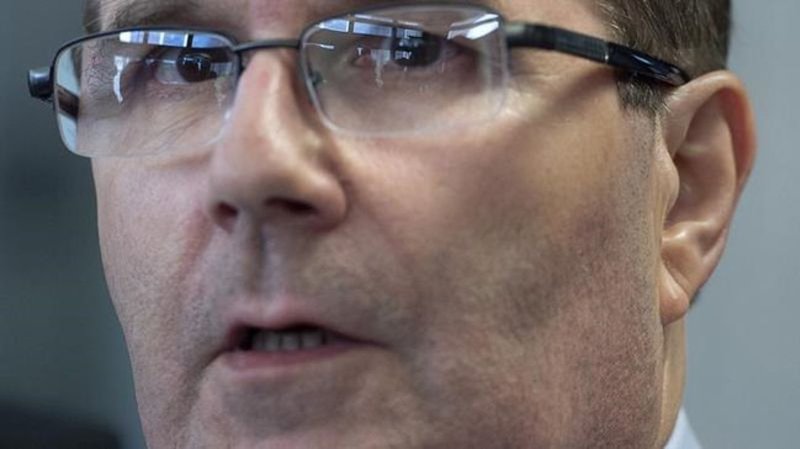
As his health declines, Glen Assoun seeks compensation for wrongful conviction
HALIFAX — Glen Assoun says he’s fearful he’ll die before governments offer him compensation for almost 17 years of wrongful imprisonment that have left him with a weak heart and fragile health.
The 64-year-old Halifax man said in an interview Monday he has to lie down frequently, he lacks energy and his doctor told him his coronary system is operating at one third of its normal capacity.
“I think the prime minister of Canada is just waiting for me to die so this will go away,” Assoun said from his home, hours after downing Aspirins to relieve what he described as a sharp pain in his chest.
Assoun was imprisoned for almost 17 years and then lived under strict parole conditions for nearly five more before a Nova Scotia Supreme Court ruling in March 2019 reversed his 1999 conviction for the murder of Brenda Way in Halifax.


